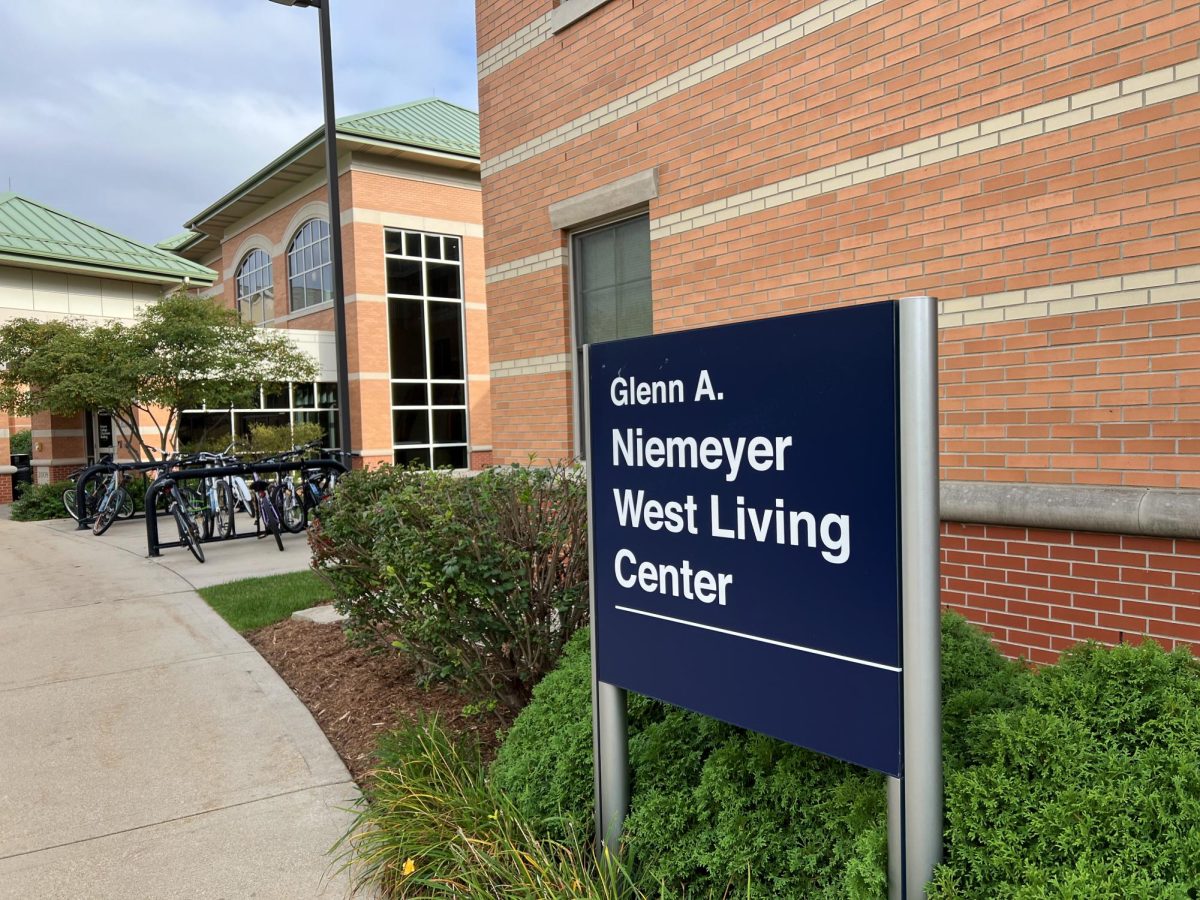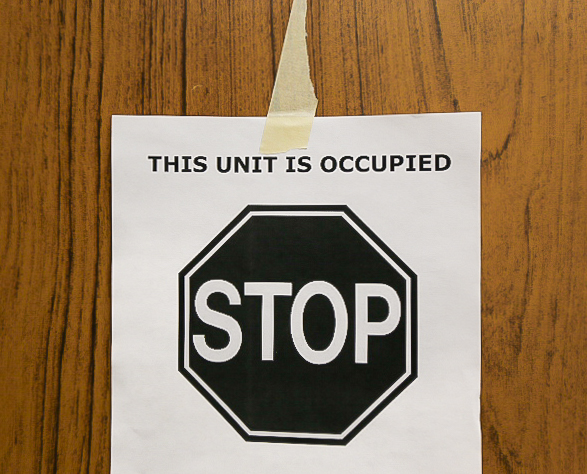Bed bugs are a common household pest that one in five Americans report having or hearing about. Grand Valley State University is not exempt from this statistic, with two confirmed cases in on-campus housing this year.
A GVSU Sophomore, who requested anonymity to avoid embarrassment, was one of the students affected by the bed bug incidents in Niemeyer Living Center. They first noticed the bed bugs in their sheets on a Saturday, Sept. 9, put in a work order that weekend and emailed their living center director to follow up. However, with it being the weekend they did not get any responses until Monday.
“On Monday someone from housing services called me and set up a time to come to my apartment and check out the situation. On Wednesday we got the date for the exterminators to come,” the student said.
The exterminators would not come until Friday.
“There were no other rooms GV could put us in for that week until our room got treated, so I had to keep sleeping in my bed that had bed bugs in it,” the student said.
They then faced not only the discomfort of bed bug bites but also the discomfort of being displaced as GVSU Housing handled the situation.
“On Friday the exterminators did a heat treatment on the apartment from 8 a.m. to 6 p.m., and we had to be out of the room that whole time,” the student said. “The day we got our heat treatment it was just annoying having to get out of the room before any of our classes started and having to find places to rest between classes since we couldn’t go home.”
The student said they had to bag up their possessions and label the bag with their electronics to make sure that the exterminators would not accidentally heat treat them in the process. They said the stress of having bed bugs in their unit, on top of additional classes and commitments was a difficult experience.
Adam Tate, Facilities Manager for Housing and Residence Life at GVSU explained the procedure for any case of bed bugs found on campus is designed to be the least taxing for students as possible.
“When we do confirm treatment is necessary, we use a third-party pest control vendor to heat treat the unit. We have found this to be the most effective method to get rid of the issue, and it also does not require as much prep work from the student as other methods,” Tate said.
Oftentimes bed bug cases are reported as flea incidents first. Only 16 percent of bed bug cases are correctly identified. The issue is not uncommon with about 20 percent of U.S. homes and hotels experiencing the problem. Additionally, bed bugs can be present on college campuses, especially when so many students are moving in and out of a small area in a short amount of time.
“It’s not uncommon to have a couple (bed bug cases on campus) at the beginning of the year, and we typically only see four to five cases yearly,” Tate said.
The start of the school year is especially common because people are coming from home or traveling. Traveling increases your risk of getting bed bugs, with 68 percent of bed bug cases being reported in hotels and motels. Some of the states with the most bed bugs include New York, California, Ohio, Florida, New Jersey and Maryland, so travel through or from these states can increase the risk for transmission.
The reports of bed bugs being more common early in the school year can be attributed to the bed bug season lasting from June to October. Bed bugs can live up to nine months, though they hibernate in the winter.
Bed bugs burrow under or around mattresses and feed on human hosts at night. They bite people and then release antihistamines and anticoagulants so they can feed as long as possible. Their feeding duration spans from three to ten minutes. They’re even known to adapt to their host’s sleeping habits so they can maximize feeding periods. The bugs repopulate quickly and easily become a problem, living in mattresses and crevices and so forth, and are hard to identify.
There’s a common misconception that bed bugs are indicative of dirty environments. Bed bugs are not attracted to “dirt, decay, or decomposing materials” and are only attracted to blood.
If you suspect a case of bed bugs, please report it to your building’s manager or student services.

















